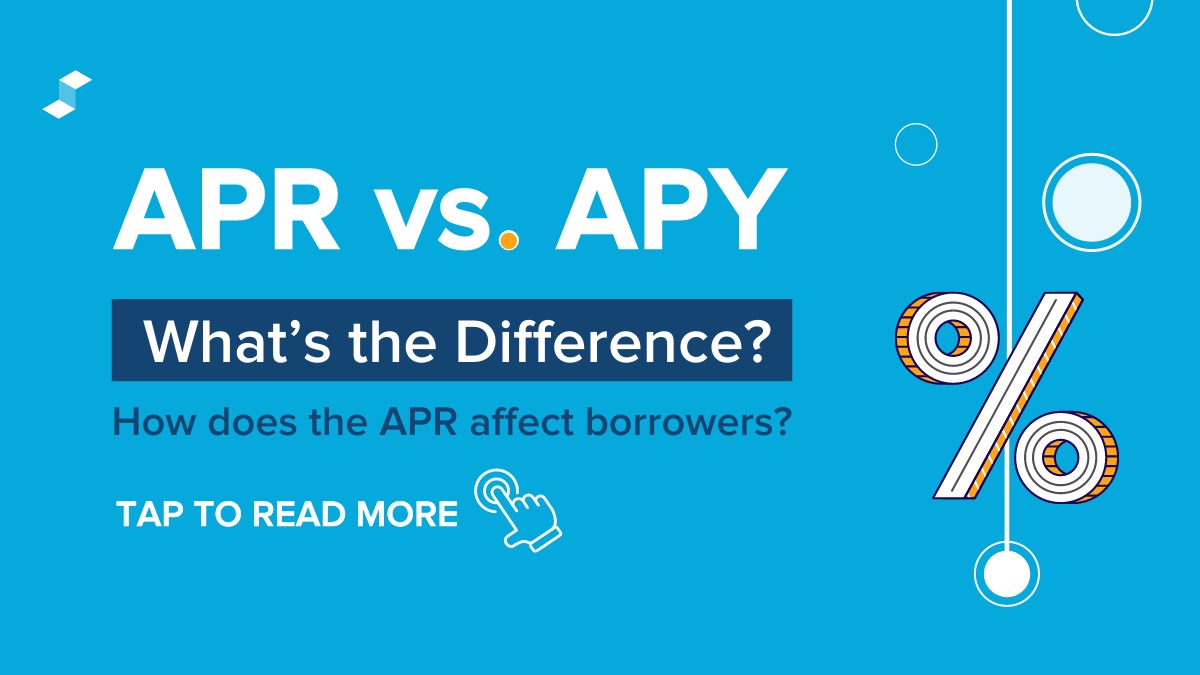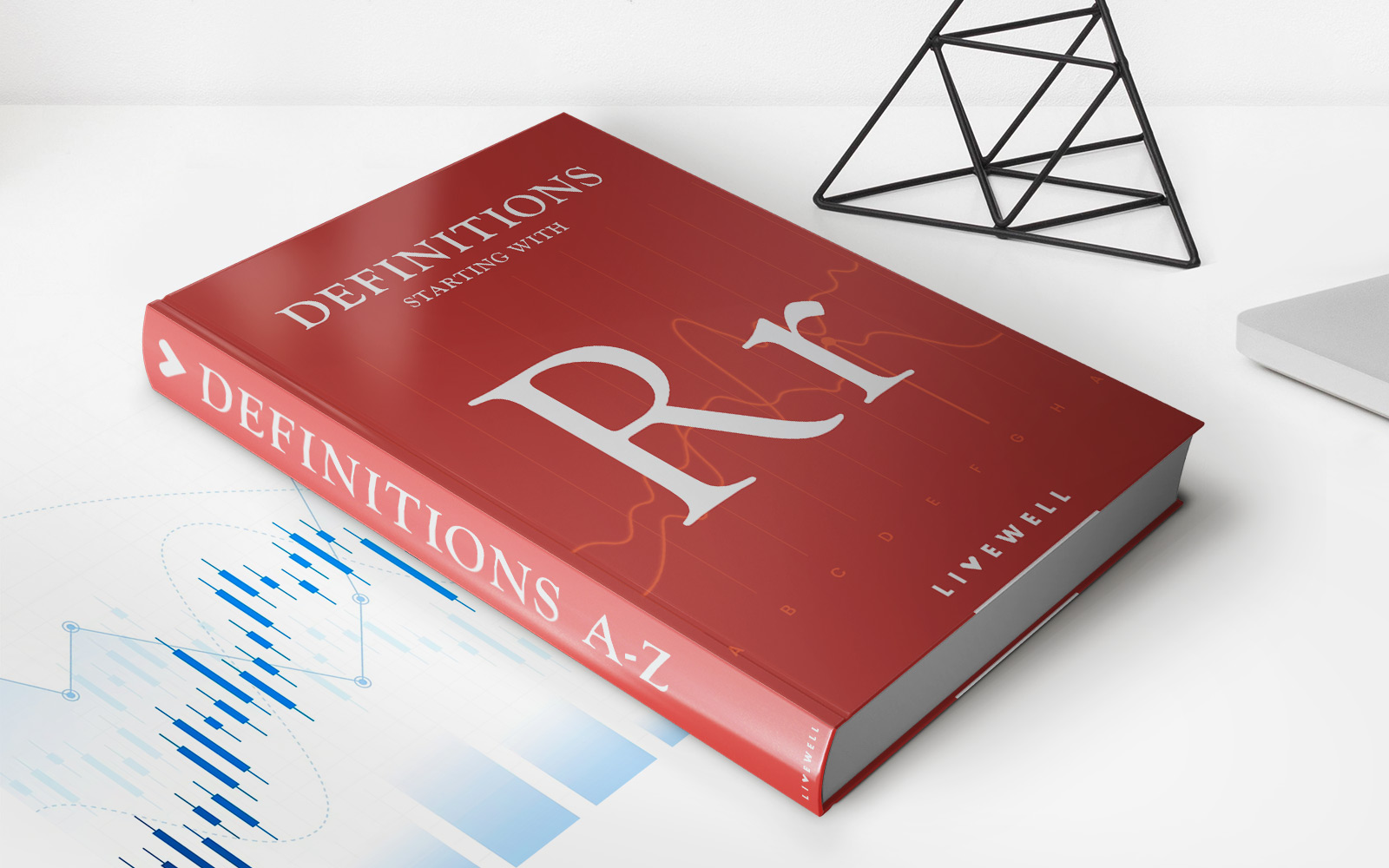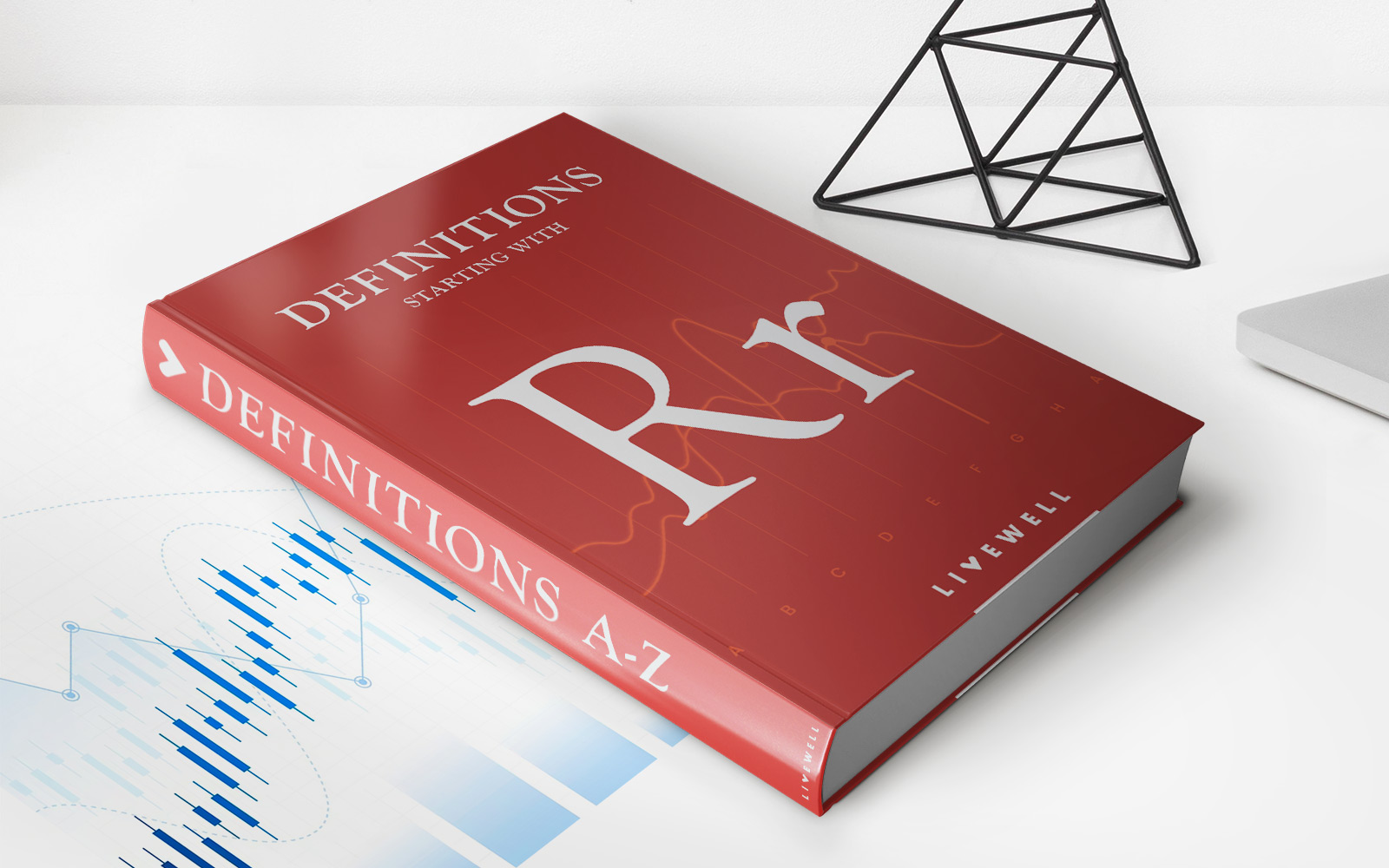Home>Finance>What Is The Difference Between Liability Insurance And Collision Insurance


Finance
What Is The Difference Between Liability Insurance And Collision Insurance
Published: November 12, 2023
Discover the contrasting features of liability insurance and collision insurance in the realm of finance, and ensure your coverage aligns with your specific needs.
(Many of the links in this article redirect to a specific reviewed product. Your purchase of these products through affiliate links helps to generate commission for LiveWell, at no extra cost. Learn more)
Table of Contents
Introduction
When it comes to protecting yourself and your assets on the road, having the right insurance coverage is crucial. Two common types of insurance that drivers often encounter are liability insurance and collision insurance. While both types serve to provide financial protection in the event of an accident, they differ in terms of coverage and cost.
Liability insurance is a type of coverage that is designed to protect you if you are at fault in an accident. It provides compensation for the other party’s injuries and property damage. On the other hand, collision insurance is specifically aimed at covering the cost of repairing or replacing your own vehicle if it is damaged in a collision, regardless of who is at fault.
Understanding the differences between these two types of insurance can help you make informed decisions when it comes to choosing the right coverage for your needs. In this article, we will delve into the specifics of liability insurance and collision insurance, including their coverage differences, cost considerations, and factors to consider when deciding between the two.
It is important to note that liability insurance is typically required by law in most states, while collision insurance is optional. However, even if collision insurance is not mandated, it is worth considering, especially if you have a valuable or new vehicle. Without collision insurance, you may be left to bear the financial burden of repairing or replacing your vehicle out of pocket if an accident occurs.
Now that we have an overview of liability insurance and collision insurance, let’s delve deeper into the details of each type of coverage.
Liability Insurance
Liability insurance is a fundamental component of auto insurance coverage. Its primary purpose is to protect you financially if you are found responsible for causing an accident. This type of insurance provides coverage for bodily injury and property damage that you may cause to other parties involved in the accident.
When an accident occurs, liability insurance can help cover medical expenses, rehabilitation costs, and lost wages for individuals who are injured as a result of your actions. It can also provide compensation for the repair or replacement of another person’s vehicle or any other property that is damaged in the accident.
Liability insurance is usually split into two main categories: bodily injury liability and property damage liability. Bodily injury liability covers the costs associated with injuries sustained by other people involved in the accident, including medical bills and potential compensation for pain and suffering. Property damage liability, on the other hand, covers the repair or replacement costs of damaged vehicles or property.
It’s important to note that liability insurance does not cover any injuries or damages sustained by you or your vehicle. It only provides protection for others who may be affected by your actions. If you want coverage for your own injuries or vehicle damage, you will need additional insurance coverage, such as collision insurance or personal injury protection (PIP).
Each state sets its own minimum liability insurance requirements, which drivers must meet to legally operate their vehicles. It’s essential to familiarize yourself with your state’s minimum requirements to ensure you have the necessary coverage. Keep in mind that these minimum limits may not provide sufficient coverage in the event of a severe accident, so you may want to consider increasing your liability limits to provide greater protection.
Having liability insurance not only fulfills legal requirements but also provides peace of mind by safeguarding your financial well-being. It ensures that if you cause an accident, you won’t be personally responsible for paying excessive medical bills or repair costs out of pocket.
In the next section, we will explore collision insurance and its role in providing coverage for your own vehicle’s damages.
Collision Insurance
Collision insurance is a type of auto insurance coverage that specifically focuses on providing protection for your own vehicle if it is damaged in a collision, regardless of who is at fault. Unlike liability insurance, which covers damages to other parties involved in an accident, collision insurance is centered around the repair or replacement costs of your own vehicle.
Whether you collide with another vehicle, a stationary object, or even if your vehicle rolls over, collision insurance will kick in to cover the expenses associated with repairing or replacing your damaged vehicle. This type of coverage is especially important if you have a valuable or newer vehicle, as the costs of repairs or replacement can be substantial.
Collision insurance typically works on a reimbursement basis. When you file a claim for collision coverage, your insurance provider will assess the damage and determine the cost of repairs or the actual cash value of your vehicle if it is deemed a total loss. You will then be reimbursed for either the repair costs or the current market value of your vehicle, minus your deductible.
It’s important to note that collision insurance is optional and not legally required in most states. However, if you have a loan or lease on your vehicle, your lender or leasing company may require you to carry collision insurance as part of the agreement. Additionally, if your vehicle is still under warranty, collision insurance may be mandatory to maintain the warranty coverage.
When deciding whether to add collision insurance to your policy, consider factors such as the value of your vehicle, your ability to afford repairs or replacement costs out of pocket, and your risk tolerance. If your vehicle has a low market value or you have sufficient savings to cover the cost of repairs, you may choose to forgo collision insurance. However, if your vehicle is valuable and you would struggle to pay for repairs, collision insurance can provide valuable financial protection.
It is also worth considering collision insurance if you frequently drive in areas with high accident rates or if you have a history of accidents or near-misses. The peace of mind of knowing you are covered in the event of a collision can be well worth the additional cost.
Now that we understand the basics of collision insurance, in the next section, we will compare the coverage differences between liability insurance and collision insurance.
Coverage Differences between Liability and Collision Insurance
One of the key distinctions between liability insurance and collision insurance lies in the coverage they provide. Liability insurance, as mentioned earlier, covers damages and injuries caused to others in an accident for which you are at fault. It does not provide coverage for your own vehicle or personal injuries. Collision insurance, on the other hand, focuses specifically on covering the costs of repairing or replacing your own vehicle in the event of a collision, regardless of fault.
While liability insurance covers damages to other parties involved in an accident, it typically does not cover the repair costs or replacement value of your own vehicle. This means that if you are at fault in an accident and have only liability coverage, you will be responsible for paying for the repairs to your vehicle out of pocket.
Collision insurance, on the other hand, does provide coverage for your own vehicle. Whether it’s a minor fender bender or a severe collision, collision insurance will cover the costs associated with repairing your vehicle or compensating you for its total loss. This can provide immense peace of mind, knowing that your own vehicle is protected from financial loss in the event of an accident.
It’s important to consider the value of your vehicle when deciding whether to opt for collision insurance. If you have an older or lower-value vehicle, the cost of collision coverage may not be worth it, as the potential repairs or replacement costs may not exceed the premiums you pay. Additionally, if you are a cautious driver with a low risk of being involved in an accident, the need for collision insurance may be reduced.
However, if you have a new or valuable vehicle, collision insurance can offer significant benefits. The cost of repairs for newer vehicles can be substantial, and having collision coverage ensures that you won’t have to bear the financial burden of these expenses on your own.
It’s worth noting that liability insurance is typically required by law, while collision insurance is optional. However, many drivers opt for collision coverage to protect their investment in their vehicles and provide additional peace of mind on the road.
In the next section, we will explore the cost differences between liability insurance and collision insurance.
Cost Differences between Liability and Collision Insurance
When it comes to the cost of insurance, there are significant differences between liability insurance and collision insurance. Liability insurance, being a legal requirement in most states, tends to have lower premiums compared to collision insurance. This is because liability insurance primarily covers damages to other parties involved in an accident, which is often more predictable and less costly for insurance companies.
On the other hand, collision insurance, which covers the repair or replacement costs of your own vehicle, is typically more expensive due to the higher potential costs associated with vehicle repairs. The premiums for collision insurance are influenced by various factors, such as the value of your vehicle, its age, your driving history, and the deductible you choose. Generally, the more valuable and newer your vehicle is, the higher the premiums for collision coverage will be.
It’s important to consider the deductible when assessing the cost of collision insurance. The deductible is the amount you are responsible for paying out of pocket before your insurance coverage kicks in. Typically, collision insurance has a deductible that ranges from $250 to $1,000 or more. Choosing a higher deductible can help reduce your premiums but will also mean you have a higher financial responsibility in the event of a claim.
When determining the cost-effectiveness of collision insurance, consider the value of your vehicle and your ability to cover potential repair costs. If you have an older vehicle with a lower market value, the cost of collision insurance may outweigh the potential benefits. In such cases, it might be more cost-effective to set aside the money you would have paid for collision insurance premiums in a separate savings account to cover any future repairs or potential replacement costs.
It’s also important to note that while collision insurance premiums may be higher, the coverage it provides can offer substantial financial protection in the event of an accident. Consider your risk tolerance, driving habits, and financial situation when deciding whether to add collision insurance to your policy.
Remember, liability insurance is typically required by law, while collision insurance is optional. By understanding the cost differences between these two types of insurance, you can make an informed decision about the coverage that best suits your needs and budget.
In the next section, we will discuss the factors you should consider when choosing between liability and collision insurance.
Factors to Consider when Choosing between Liability and Collision Insurance
Choosing between liability insurance and collision insurance requires careful consideration of several factors. These factors can help you determine the appropriate level of coverage and make an informed decision that aligns with your needs and circumstances.
1. Vehicle Value: Consider the value of your vehicle. If you have a newer or more valuable vehicle, collision insurance can provide valuable protection by covering repair costs or compensating you for the total loss of your vehicle. On the other hand, if your vehicle is older or has a lower market value, the cost of collision insurance may outweigh the potential benefits, making liability insurance a more cost-effective option.
2. Financial Situation: Evaluate your financial situation. Can you comfortably afford to pay for repairs to your vehicle out of pocket? If not, collision insurance can provide the necessary coverage to avoid a financial burden. Consider the impact of potential repair costs on your budget and whether the added expense of collision insurance is manageable.
3. Risk Tolerance: Assess your risk tolerance. If you are a cautious driver with a low risk of being involved in accidents, you may feel more comfortable relying on liability insurance alone. However, if you frequently drive in high-risk areas or have a history of accidents, collision insurance can offer peace of mind and protect you from potentially significant repair expenses.
4. Legal Requirements: Be aware of the legal requirements in your state. Liability insurance is typically mandatory, while collision insurance is optional. Familiarize yourself with the minimum liability insurance requirements and ensure that you meet them to comply with the law. Even if collision insurance is not required, consider your personal circumstances and the potential benefits it can provide.
5. Loan or Lease Agreements: If you have a loan or lease on your vehicle, check the terms of your agreement. Lenders and leasing companies may require you to carry collision insurance as part of the contract. Ensure that you fulfill these obligations to maintain compliance and protect your vehicle investment.
It’s important to review these factors in conjunction with your own situation and preferences. Consider obtaining quotes for both liability insurance and collision insurance to compare premiums and weigh them against the potential benefits and risks associated with each type of coverage.
Ultimately, selecting the right insurance coverage involves balancing cost, coverage, and personal circumstances. It’s advisable to consult with an insurance professional who can help guide you through the decision-making process and provide expert advice tailored to your specific needs.
In the next section, we will summarize the key points discussed and conclude the article.
Conclusion
Choosing the right insurance coverage for your vehicle is an important decision that requires careful consideration of several factors. Liability insurance and collision insurance serve different purposes and offer varying coverage. Liability insurance protects you financially if you are at fault in an accident, covering damages and injuries to other parties. On the other hand, collision insurance focuses on covering the cost of repairing or replacing your own vehicle, regardless of fault.
While liability insurance is typically mandatory and provides coverage for others involved in an accident, collision insurance is optional but offers protection for your own vehicle. The decision to add collision insurance to your policy depends on various factors, including the value of your vehicle, your financial situation, and your risk tolerance. If you have a newer or valuable vehicle and want to avoid bearing the full cost of repairs, collision insurance can provide peace of mind.
As with any insurance decision, it’s important to weigh the costs and benefits. Collision insurance premiums are typically higher than liability insurance premiums due to the higher potential costs associated with vehicle repairs. However, the coverage it provides can be invaluable in the event of an accident.
Consider your personal circumstances, including the value of your vehicle, your ability to afford repairs out of pocket, and your risk tolerance, when deciding on the appropriate coverage for your needs. It’s also important to be aware of the legal requirements in your state and any loan or lease agreements that may stipulate the need for collision insurance.
If you’re unsure about the best course of action, consult with an insurance professional who can provide expert guidance tailored to your situation. They can help you navigate through the various options and find the right balance between coverage and affordability.
By understanding the differences between liability insurance and collision insurance, along with the factors to consider when choosing between the two, you can make an informed decision that provides the necessary protection for you and your vehicle while ensuring financial peace of mind on the road.














